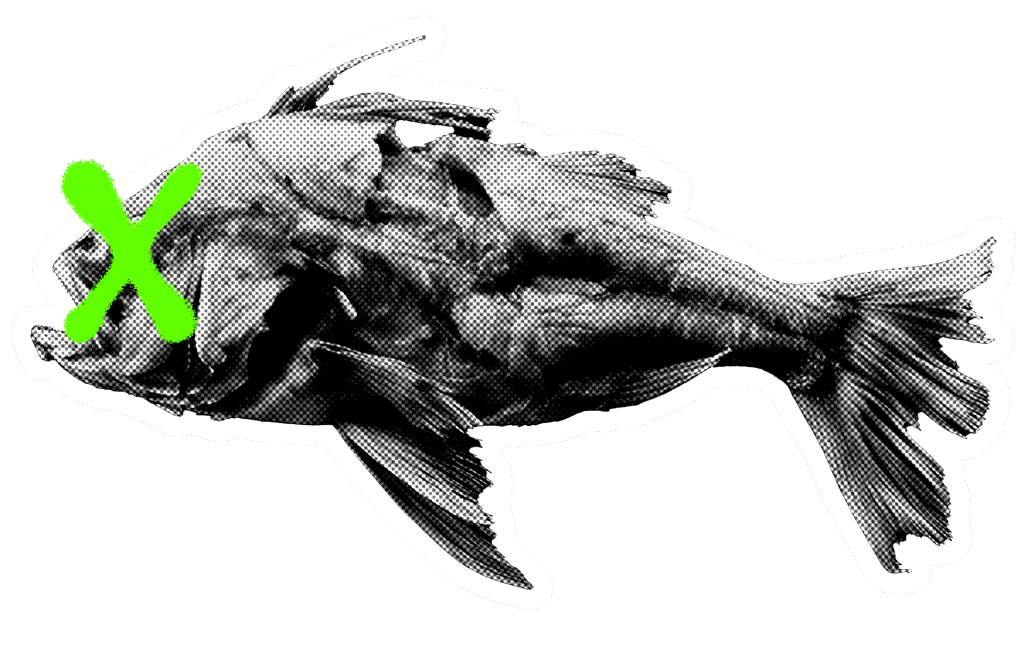The Naked Truth: Ylva's 2024 Responsibility Revelations
In 2024 we boldly made waves and went viral within the sustainability scene in Finland and abroad with our first ever Irresponsibility Report for 2023. In it we revealed all the measures we've taken toward a more sustainable future. We were also up-front with how some things went a little sideways, despite our best efforts. This past year has been about doing the unglamorous but necessary work tackling challenges head-on and making real changes from the ground up.
We're back with our second Irresponsibility Report, reflecting on 2024's journey. We've equipped ourselves with solutions to maintain momentum, even as global politics hammers our shared planet and the EU Commission's Omnibus threatens to leave the most diligent players stranded at the stop.
Knowledge drives impact. Welcome to our 2024 Irresponsibility Report – part progress update, part roadmap for what's ahead.





